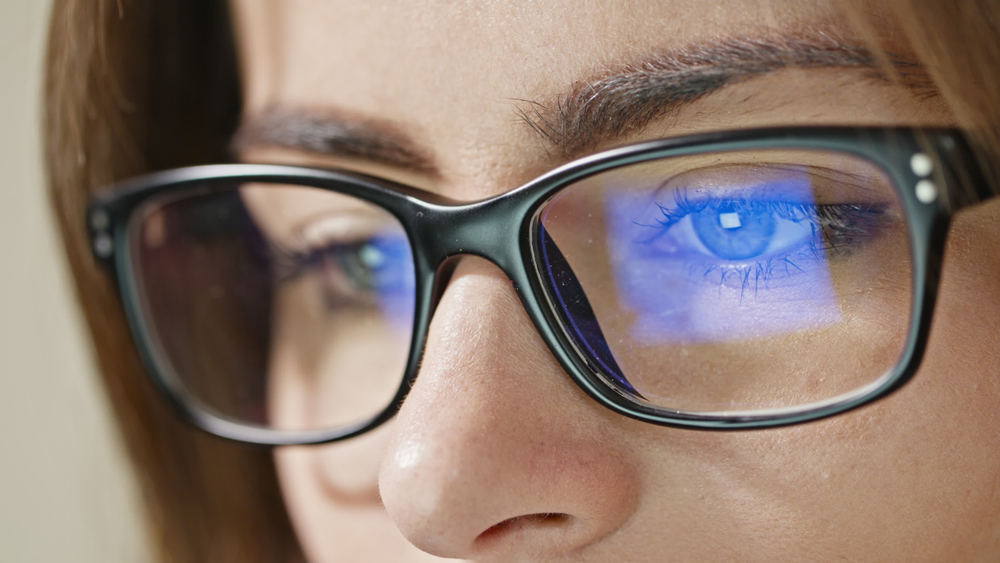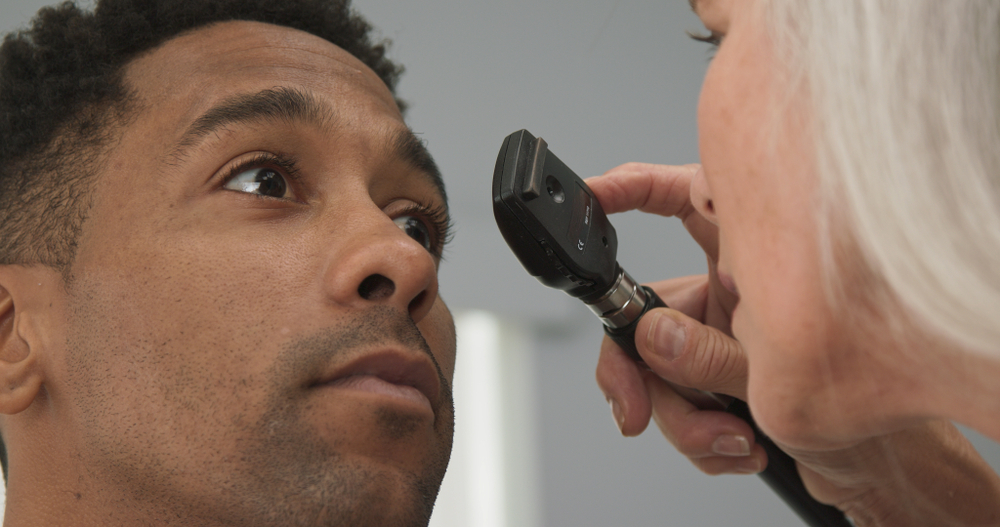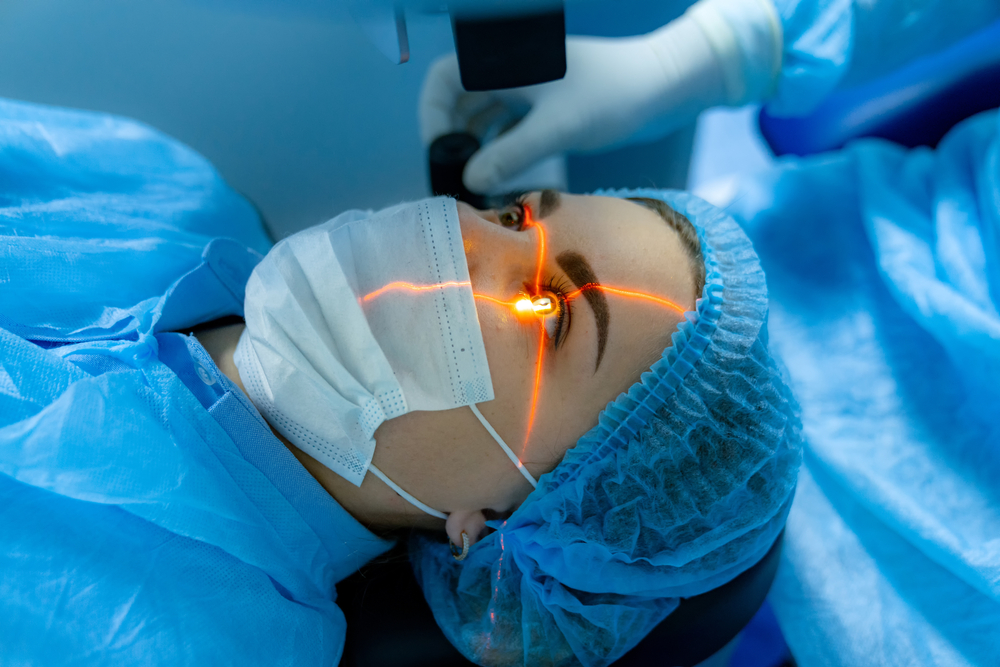Children’s Eye Health & Safety Month
August is Children’s Eye Health and Safety Month: It’s reported that 1 in 4 children experience vision problems, and 1 in 20 are at risk of losing their eyesight permanently. Here’s a link to the American Optometric Academy’s important vision milestones and signs of eye and vision problems.
Continue to Article 877-852-8463
877-852-8463 Careers
Careers Locations
Locations Patient Portal
Patient Portal Request Appointment
Request Appointment












 877-852-8463
877-852-8463
